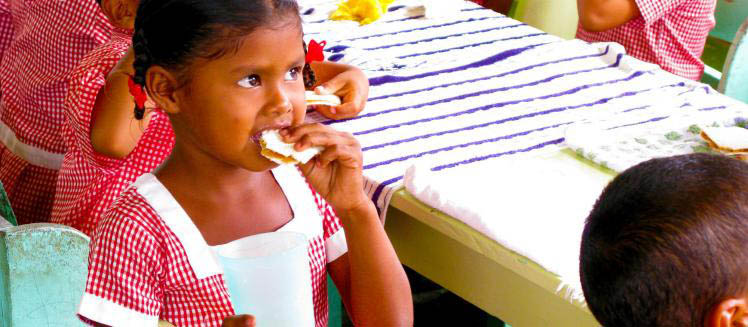How to create viable business enterprises out of hinterland-based ‘hustles’ designed, in the first instance, to foster a measure of self-reliance in communities with strictly limited employment options, is a challenge that Guyana is yet to overcome.
Such lucrative money-earning pursuits as are available in some parts of Guyana’s hinterland, are to be found, overwhelmingly, in the gold mining industry. The perspective of the miners, the vast majority of whom travel from the coast to the hinterland is almost invariably disconnected from the development of the hinterland. It is one of the features of Guyana’s development outlook that is both unfortunate and unacceptable.
Projects like the Aranaputa Agro Processors Friendly Society have come to be regarded as survival lifelines for the communities in which they exist. Setting aside the fact that they provide limited but valued employment options for communities in which job opportunities are scarce, their agro-processing pursuits also serve as a vital market lifeline for agricultural undertakings in those communities. The Aranaputa Agro Processors Friendly Society is one of seven members of the Women’s Agro Processors Development Network (WADN), a registered Friendly Society. The others are located in Regions One, Two, and Nine. These small and micro enterprises play an important role in supporting and providing jobs for women. Groups like the one at Aranaputa produce a range of agro-produce including cassava farine, cassava bread, peanut butter, vegetable and fruit-based sauces, achars, coconut water, coconut oil, cocoa sticks, soaps, and oils.
Such groups are lifelines for the communities they help to sustain but in order to accomplish that goal, however, they much reach out to coastal communities for markets and other forms of support. Herein lies the biggest challenges. Prior to the onset of COVID-19 the group was sustaining itself largely through the filling of contracts to supply snacks to the children attending the nursery and primary school at Aranaputa. Its modest agro-processing facility also provided peanut butter to schools in sixteen villages in North Rupununi. These services folded with the closure of state schools back in March.
In Georgetown, GMC’s Guyana Shop, the Group’s main outlet, reduced its purchases on account of the strictures imposed by COVID-19. But there are other problems that continually threaten the Group’s survival. There is the absence of funding with which to consolidate the technical efficiency of their operations, limited progress in upgrading, labelling, and packaging to a level that allows their products access to the shelves of some of the bigger coastal outlets, and the burdensome cost of transporting goods from the hinterland to the capital. There is no routine air cargo service between the North Rupununi and Georgetown, a circumstance that makes the option of moving volumes of goods by road prohibitive.
While the Group underscores the role which the Guyana Shop has played through its sustained patronage of its peanut butter, the decision that evidently has to be made is whether the state and the wider business community should, at this stage, intervene decisively to help businesses like the Aranaputa Agro Processors Friendly Society survive and grow. Strange as it may seem, until focussed and sustained attention is finally directed at fashioning and implementing a comprehensive plan for the development of the hinterland, it is to ventures like this one that communities look for their immediate-term survival.






